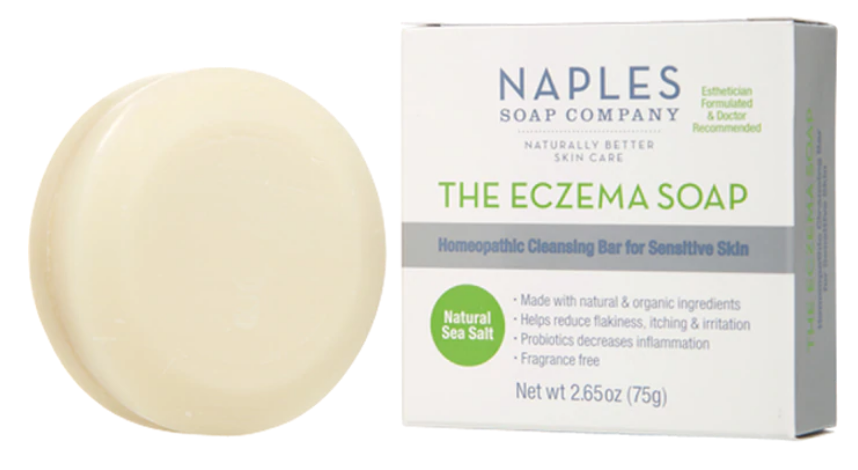
Theraworx Relief
Pharmacist testimonials at the center of advertising inquiry head to the FTC for further review.
Influencer's lack of disclosure in Instagram post for hair vitamin may only be part of the problem.
Italian model and basketball player Valentina Vignali does her best Kardashian in this sponsored Instagram post for Hairburst chewable hair vitamins. But the fact that the post lacks proper disclosure like oh-so-many of the Kardashians’ grams (i.e., #ad) may only be part the problem.
As the FTC recently noted in a letter to Hairburst (see page 52), not only does the law require that influencers disclose when they’re being paid to promote a product or they have a material connection to a company, it also demands that all product performance claims be “supported by adequate substantiation.” While the FTC in its letter did not explicitly say that the post indicated a definite endorsement deal between Hairburst and Vignali, Hairburst shared the same photo of Vignali on its Instagram account with a caption advertising a 30-day supply of the hair vitamins.
So, then, how does Hairburst back up the claim that its chewable hair vitamins deliver “all the vital ingredients” for “#healthyhair,” as stated in the post?
A How It Works page on the company’s website points to the self-reported results of 100 people with different hair types who took the vitamins for three months. Among other things, 88 percent said that their hair “felt healthier” after using the product. But such anecdotal evidence from customers is unlikely to satisfy the FTC’s substantiation standard for health claims, which calls for competent and reliable scientific evidence. Perhaps that’s why Hairburst affixes a question mark to the term Clinical Trial Results.
The FTC issued a similar warning to HAIRtamin (see page 55), another manufacturer of hair vitamins. Read more about the FTC letters to influencers and brands here.
Our Ad Alerts are not just about false and deceptive marketing issues, but may also be about ads that, although not necessarily deceptive, should be viewed with caution. Ad Alerts can also be about single issues and may not include a comprehensive list of all marketing issues relating to the brand discussed.
Pharmacist testimonials at the center of advertising inquiry head to the FTC for further review.
From “cruelty free” to “Made in the USA,” TINA.org finds personal care company’s marketing awash with questionable labels.
CGI influencers are here.

